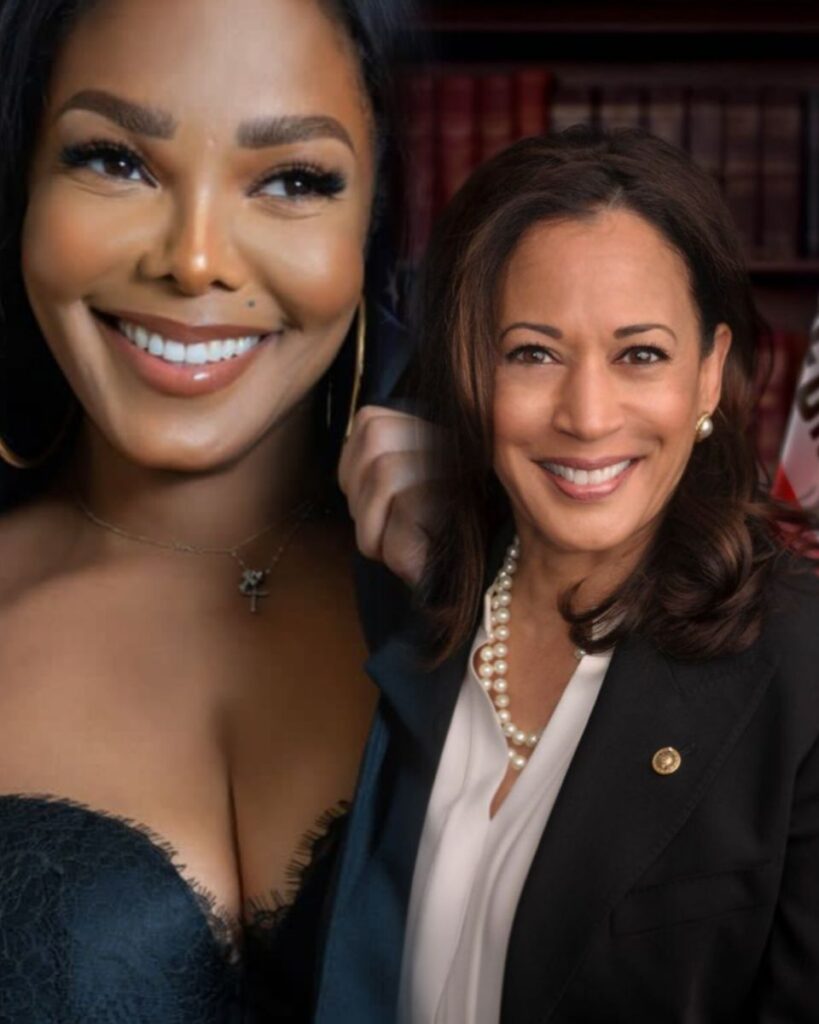
By Tony Ezike
Kamala Harris, the 2024 U.S. Democratic presidential candidate, has faced recurring questions regarding her parentage and national identity since her rise in American politics.
Harris, born in Oakland, California, is the daughter of Shyamala Gopalan, an Indian biologist, and Donald Harris, a Jamaican economist. Her multi-ethnic background has been a point of pride for many Americans, symbolizing the country’s diversity. Yet, it has also become a target for conspiracy theories and misinformation, particularly concerning her eligibility for office and whether she truly represents the “typical” American experience.
The role of American media has been dual-edged. On one hand, mainstream outlets like The New York Times and CNN have consistently affirmed Harris’ parentage, focusing on her accomplishments as the first Black and South Asian woman to be nominated for vice president and now running for president.
These outlets emphasize her achievements over divisive rhetoric, highlighting the American ideal of success through hard work and opportunity. However, fringe media sources and social media platforms have been less scrupulous. These outlets often amplify claims that question her “American-ness,” seizing on her immigrant parentage to fuel doubt and stir division.
The questions about Harris’ background bear similarities to other media-fueled controversies in American pop culture, including those raised by Janet Jackson in the 2000s. Jackson, one of the most famous pop icons of her generation, has openly critiqued how the media can distort narratives about women of color.
After her infamous 2004 Super Bowl halftime performance, Jackson faced harsh and disproportionate backlash, which she later attributed to systemic racism and sexism in the industry. She raised important questions about how the media holds public figures, particularly Black women, to a different standard. In both Harris’ and Jackson’s cases, the media played a significant role in shaping public perceptions, with mainstream outlets attempting to correct the record, while others stoked controversy.
Ultimately, the scrutiny around Harris’ parentage and the media’s role mirrors larger American conversations about race, identity, and who gets to be “authentically” American. Just as Janet Jackson questioned why her public image was judged so harshly in comparison to her white counterparts, Harris’ candidacy forces the U.S. to confront its own discomfort with multiracial and immigrant identities.
The American media landscape, divided between responsible journalism and inflammatory reporting, will continue to play a critical role in how these narratives unfold as Harris pushes forward in her historic campaign.




